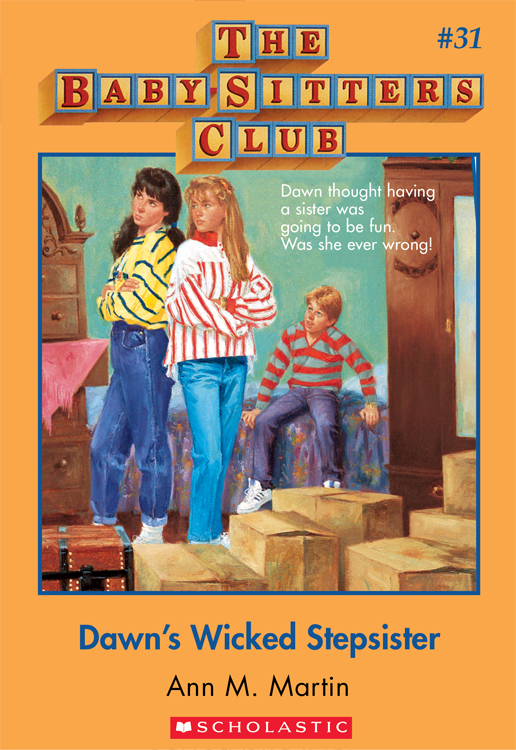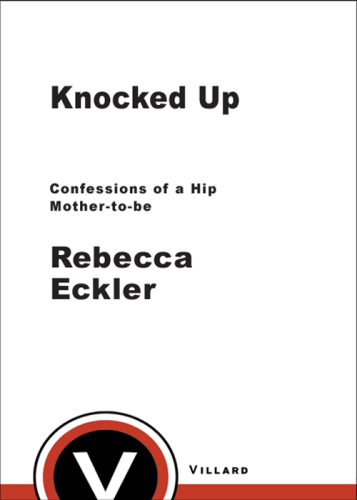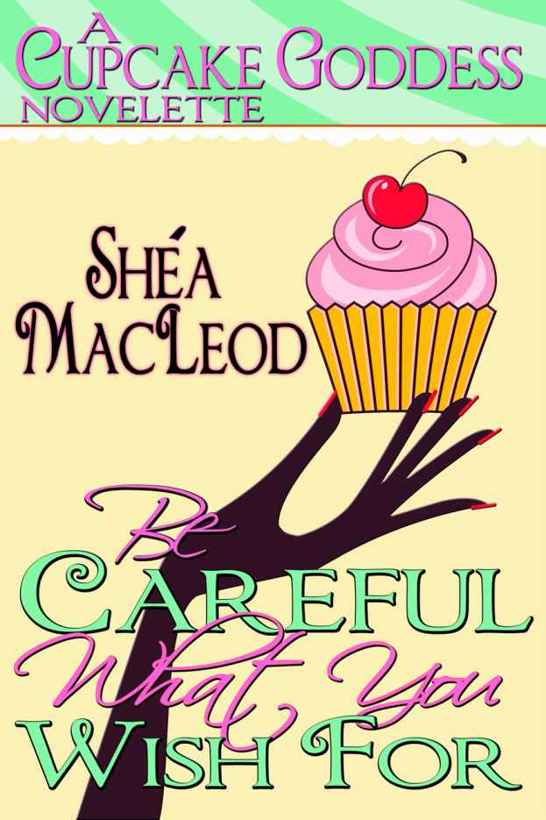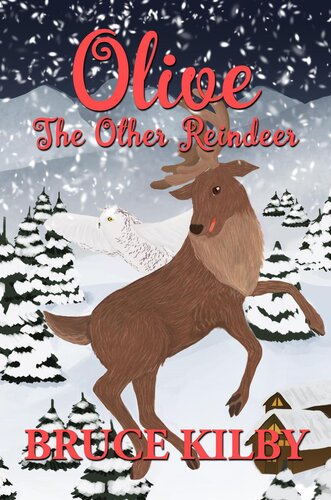oleebook.com
After the War de Adams, Alice
de Adams, Alice - Género: English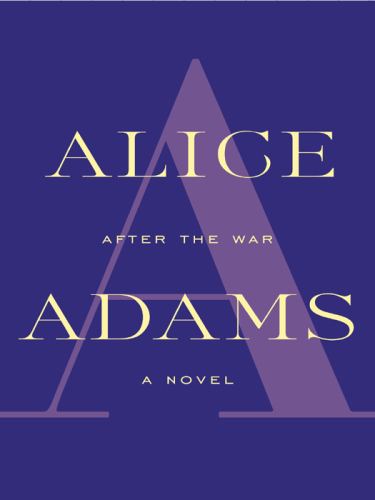
Sinopsis
Alice Adams is considered to be one of the major American writers of the last thirty years. Her stories appeared in The New Yorker from 1969 and 1995, as well as in twenty-two O. Henry Awards collections and several volumes of Best American Short Stories. After the War is her eleventh and final novel--the brilliant coda to a brilliant career.
After the War begins where her acclaimed novel A Southern Exposure ended: in the small Southern town of Pinehill during World War II. With all the insight and grace that have marked her writing, she brings us close to Cynthia and Harry Baird, transplanted Yankees who moved south from Connecticut during the Depression to find a simpler world for themselves and their daughter, Abigail. But life in Pinehill has become more difficult since the beginning of the war: with Harry off in London to do his share, Cynthia finds her life complicated not only by her own loneliness but also by a growing awareness of local racism and anti-Semitism, and by the rising national dread of Communism. And as Abigail heads off to college, where she faces all the traditional complications of youth, we are drawn into an America caught between past and future, and two generations forced to determine what they cherish and what they must leave behind.
Alice Adams's depiction of her native South--full, rich, affectionate, and always one of her many strengths--is at its most subtle and engrossing in After the War.
Amazon.com Review
In the South, or at least in Pinehill, North Carolina, the setting of Alice Adams's After the War, "before the war" means before the Civil War. But in this sequel to A Southern Exposure (which introduced the displaced Yankee Baird family, their Pinehill neighbors, and their kaleidoscopic liaisons, and which ended as World War II began), after the war refers to a more modern era: after the bomb, after the various men have come home, when everyone supposes life will begin again as they once knew it. An autumnal, nostalgic quality pervades Adams's posthumously published 11th novel, partly because Cynthia Baird is a little older (her daughter has left for college and her husband is a naval officer in England where bombs drop and ladies with "rose petal skin" who are "good at riding and gardening, cooking roast beef and puddings" threaten danger of another sort) and partly because from our perspective at the beginning of the 21st century we well know that life never will be the same.
With her delicate, breathy, gossipy prose, Adams slips among her characters like a hostess at a party. Soon the bits and pieces, confidences and asides, fit together into a mosaic of personalities and events that illuminate the coming political and social upheavals of the late '40s. At Swarthmore, ardent, open-minded Abby Baird falls in love with a Jewish physics major with Communist parents. Melanctha Byrd, traumatized by her body image, drops out of Harvard where her brother discovers he's gay. Out in Texas the poet Russ Byrd, who's contemplating writing a play featuring the secret laboratory at Los Alamos, meets an untimely end in the company of a decommissioned black sergeant, raising suspicions of foul play. Meanwhile, back in Pinehill, "people were more aware of the state of Cynthia's lawn and her flowers, of their own lawns and flowers, than of the terrible but distant war." Cynthia cultivates her garden, spars with poor, silly Dolly Bigelow, and carries on a desultory love affair with a war correspondent, until he replaces her with someone else. Pinehill is, after all, a small and complicated Southern town.
With the precise ear and acute observation of a modern Jane Austen, Alice Adams weaves an artful portrait of a town and a time, bittersweet for one generation, perilous and full of potential for the next. Like its predecessor, After the War is a gentle, generous, and enlightening comedy of manners. --Victoria Jenkins
From Publishers Weekly
Reading this posthumous novel is a bittersweet experience. On the one hand, it's wonderful to be back in the Southern town of Pinehill, and to enjoy Adams's inimitable prose and her calm intimacy with the characters introduced in A Southern Exposure. On the other, it's a pity to realize that we'll never know what future lives Adams had planned for these vibrant individuals. WWII is raging as the novel opens in 1944; Yankee transplant Cynthia Baird is now "an actively unfaithful naval wife." Her husband, Harry, is stationed in London, and famed war correspondent Derek McFall is filling his bedDuntil Derek's roving eye takes him to another boudoir. The Bairds' daughter, Abigail, is off to Swarthmore, and her friend Melanctha Byrd will go to Radcliffe. Famous romantic poet Russ Byrd, Melanctha's father and once Cynthia's lover, is now married to luscious Deirdre, who will soon be on the loose to search for another partner. Implacably dignified Odessa, the black housekeeper, is worried about her husband, Horace, on duty in the Pacific. The usual large cast is augmented by the introduction of a New York Jewish couple with Hollywood ties, active members of the Communist Party, and their college-age children. Everybody is still lusting, drinking, filled with inchoate longings and awash with memories of past liaisonsDbut some are becoming aware of new social stresses: changing race relations, a freer sexual climate, the threat of communism. Adams's deep acquaintance with her milieuDSouthern speech, cultural assumptions, casual bigotry and lush landscapeDshines clear in events, dialogue and descriptive passages of almost palpable sensation. Her acuity with period details allows a smooth reference to the atomic bomb and the musical Oklahoma in the same sentence. There are innumerable funny scenes, two deaths, several fraying marriages and a few young romances, one of which culminates in a wedding. Adams knew the hard truths of human life: that people (especially those in the sway of sexual passion) often behave badly, but generally have good intentions; that hardship often prompts compassion in the most unlikely hearts; and that our time on life's stage is brief. Unfortunately, hers was too brief by far. (Sept.) FYI: Adams died in 1997.
Copyright 2000 Reed Business Information, Inc.
Descargar
Descargar After the War ePub GratisLibros Recomendados - Relacionados
Reseñas Varias sobre este libro
After the War introduced me to Cynthia Baird "an actively unfaithful Navy wife", her husband Captain Harry Baird, their daughter Abigail and assorted friends and neighbours. World War II is winding down and the Bairds are transplanted Yankees now located in the southern town of Pinehill.
The character-driven story pulled me into their world while also touching on the changing times. The convalescence of Abigail's "colored" friend raises eyebrows in the neighbourhood as does her choice of Jewish boyfriend. Her friend Melanctha, who is self conscious of her big bosom, is frightened away from her college experience. Melanctha's father meets his maker under suspicious circumstances sparking a storm of gossip.
I felt I was experiencing a time and place I had never entered before and am richer for the experience. I plan to read more of Alice Adams, especially her short stories. 1 Wendy224 5
It read a typical soap opera. 1 Diane1,027
I loved reading anything by Alice Adams back when I was in college and grad school. She seemed to really understand the changing sexual climate AND she wrote beautifully. I felt she really understood ME and what my life was circa 1980. This novel was published after her death and somehow I never got around to reading it. It is set in the late 1940's in the south and covers the plight of women, racism, anti Semitism and the fear of Communism. Somehow it feels dated and a little preachy. The writing is still terrific and the characters were a joy to read but it was a little heavy-handed. Patrick Barry1,037 9
This novel is interesting in its social commentary. It is about Connecticut Yankees living in the segregationist South during World War II. It is also telling commentary how a war seems to create flexible morality. Although the writing is good, the book suffers from the lack of a compelling plot. It was the author's last work, published posthumously. I will look into an earlier work to see if I it better. Laura314 6
I almost did not read this book after seeing the low Goodreads rating so I checked professional reviewers thoughts and saw positive ratings. Glad I did read it as I enjoyed it! A basic story, nothing too intricate. My only complaint is often I didnt feel as though this was a 1940s era book (especially when she mentioned pointed toe shoes on women - that was not the style during WWII). H.L. GibsonAuthor 1 book4
Read my full review at www.hlgibsonauthor.com Tasha107 1 follower
I did not this book. All tell, no show, and everyone was weirdly obsessed with one of the characters' large breasts.fiction Laura Gatland48 1 follower
Actually 3.5 stars. Dean539
Good read through WWII and post war white southern society. This is THE Alice Adams to read. Kelly Chester2,851 19
What a great book CynthiaAuthor 5 books6
Very typical Alice Adams . . . crystal-clear writing, women with complicated lives. Cynthia, who is from the North, lives in a Southern town while her husband is away fighting in the second world war. Cynthia has affairs with a couple of trouble-causing men, and applies to law school. Cynthia's daughter and a neighbor's daughters meet Jewish and Black men in college up north, and try to decide what to do with their lives . . .the McCarthy era starts. Predictably satisfying. Satisfying, I mean, if you Alice Adams-type novels. Bentley12 2
There were many potentially interesting characters in this book. Too bad they weren't developed. I started out liking this book but there were too many possible storylines, and none of them really gained momentum or depth. Oh well. Susan Schefflein36
Alice Adams is a sensitive writer who creates characters who are alive, vulnerable and believable. I was thoroughly immersed in the story of the Baird family and their life in the South during and after WWII. It is a readable and enjoyable book. Diann6 4
I wanted to this book....have loved other things by Adams and expected to with this. Just couldn't latch onto it--abandoned it before the first 50 pages. Torimac362 8
Autor del comentario:
=================================


